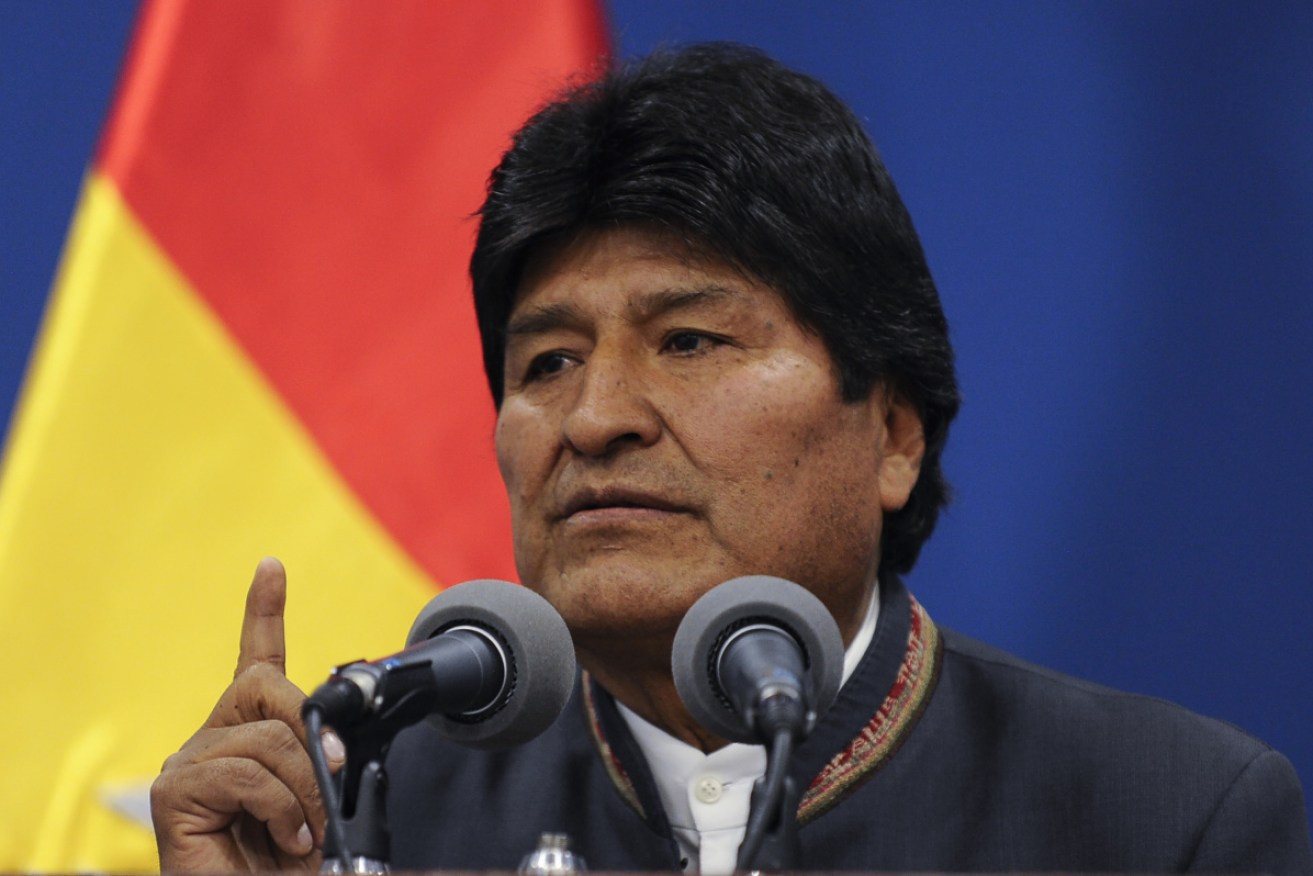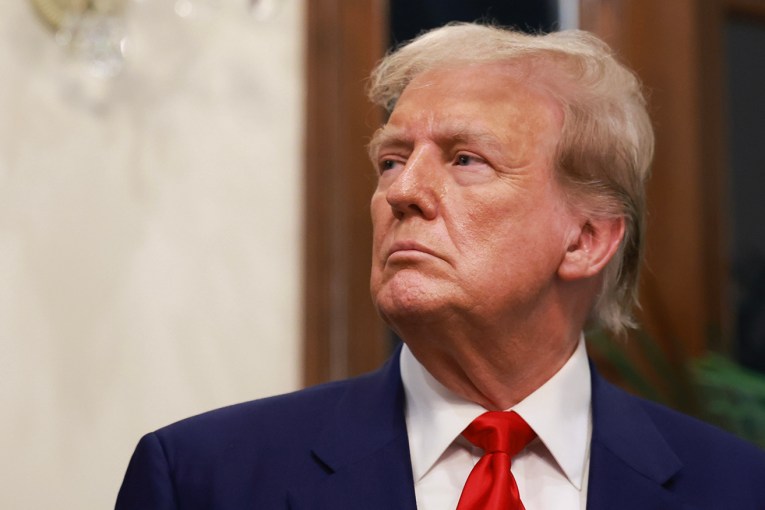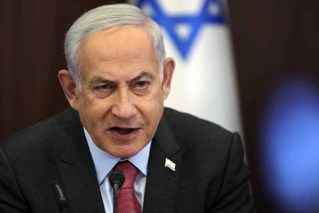Bolivian president resigns after pressure

Bolivia's President Evo Morales agrees to resign, after the country's military was not satisfied with his call for new elections. Photo: Getty
Bolivian President Evo Morales is resigning after the military called on him to step down amid weeks of protests over a disputed election – and he says police intend to arrest him.
Mr Morales, in power for nearly 14 years, said in televised comments that he would submit his resignation letter to help restore stability, though he aimed barbs at what he called a “civic coup.”
“I am resigning, sending my letter of resignation to the Legislative Assembly,” Mr Morales said, adding that it was his “obligation as indigenous president and president of all Bolivians to seek peace.”
Mr Morales has now tweeted that there is an illegal arrest warrant against him and that “violent groups” attacked his home.
“Those responsible for the coup are destroying the rule of law,” Mr Morales tweeted.
Denuncio ante el mundo y pueblo boliviano que un oficial de la policía anunció públicamente que tiene instrucción de ejecutar una orden de aprehensión ilegal en contra de mi persona; asimismo, grupos violentos asaltaron mi domicilio. Los golpistas destruyen el Estado de Derecho.
— Evo Morales Ayma (@evoespueblo) November 11, 2019
But a police commander said on Sunday night no warrant has been issued for Mr Morales, whose whereabouts are unknown.
Police Gen. Yuri Calderon says rumours of police seeking to arrest Mr Morales are “fake news.”
Armed intruders, however, did break into Mr Morales’ home in Cochabamba.
Meanwhile two key election officials have been charged with fraud, in the hours of Mr Morale’s resignation announcement.
The departure of Mr Morales, a leftist icon and the last survivor of Latin America’s “pink tide” of two decades ago, is sending shockwaves across the region.
Some of Mr Morales’ allies in Latin America decried the turn of events as a “coup,” including Venezuelan President Nicolas Maduro and Argentine President-elect Alberto Fernandez.
Mexican Foreign Minister Marcelo Ebrard said his country would offer Mr Morales asylum if he sought it.
Bolivia under Mr Morales had one of the region’s strongest economic growth rates and its poverty rate was cut in half, though his determination to cling to power alienated many allies.
Pressure had been ramping up on Mr Morales since the disputed October election.
Earlier on Sunday, Mr Morales had agreed to hold new elections after an audit conducted by the Organisation of American States revealed serious irregularities in the election.
Its report said the vote should be annulled, after it had found “clear manipulations” of the voting system that called into question Mr Morales’ narrow win over main rival Carlos Mesa.
Despite Mr Morales’ concessions, the head of Bolivia’s armed forces, General Williams Kaliman said the military had asked Mr Morales to step down to help restore the country’s peace and stability.








